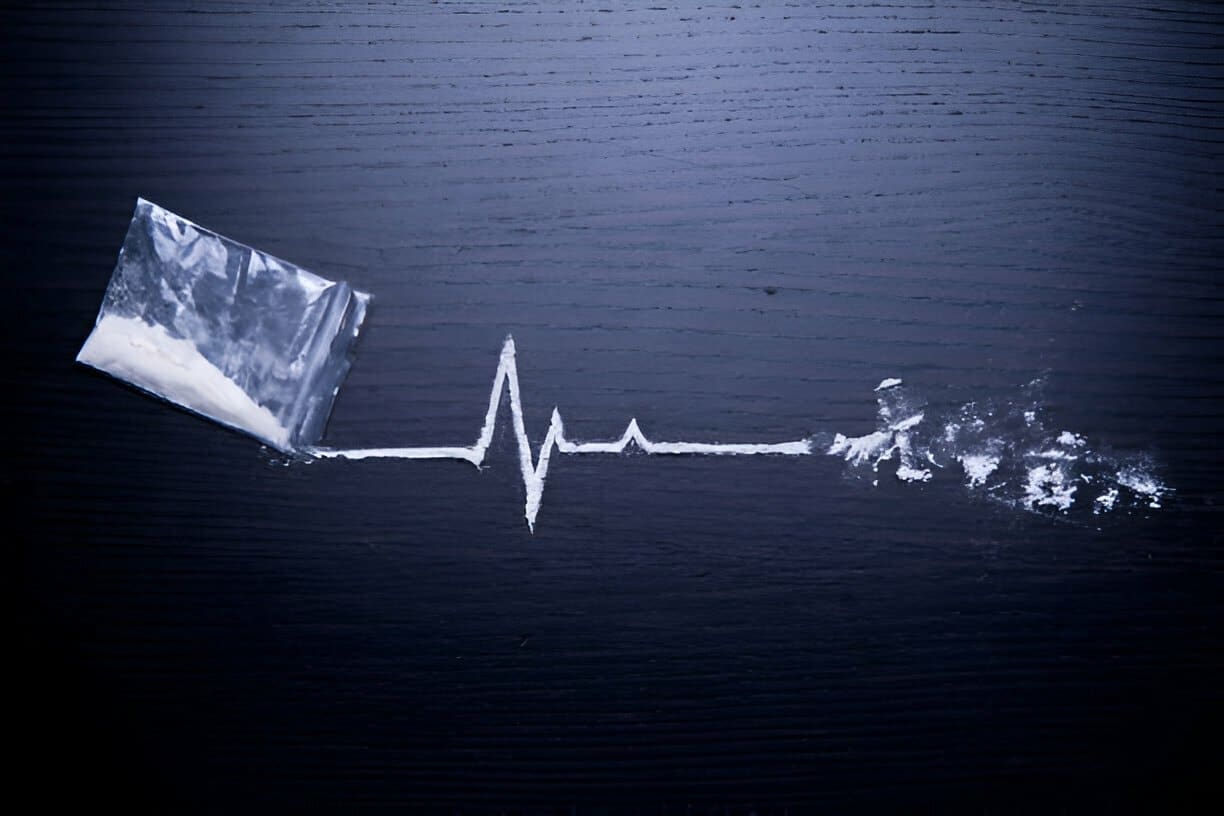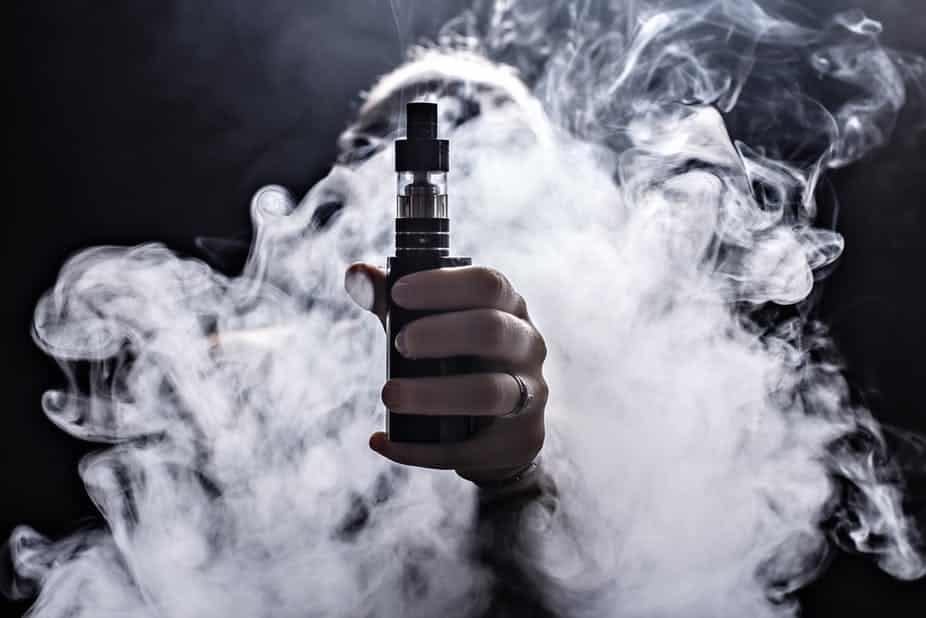Start exploring drug and alcohol rehabs today. Treatment providers are available to answer your questions.
Pregabalin is a medication used to treat epilepsy and neuropathic pain, and it was approved by the US Food and Drug Administration in 2002. It has been marketed as Lyrica since 2007. The drug works by increasing the amount of GABA that reaches receptors on nerve cells. Nerve cells fire at a slower rate as a result of this.
Pregabalin, also known as Lyrica (or by its street nickname, ‘bud’), is an anticonvulsant drug used for treating neuropathic pain and seizures and pain in people with fibromyalgia, diabetes, spinal cord injuries, or shingles.
Lyrica is available in several strengths as a capsule and a liquid. The Food and Medicine Administration (FDA) has also authorised Lyrica CR, an extended-release form of the drug, in 2017.
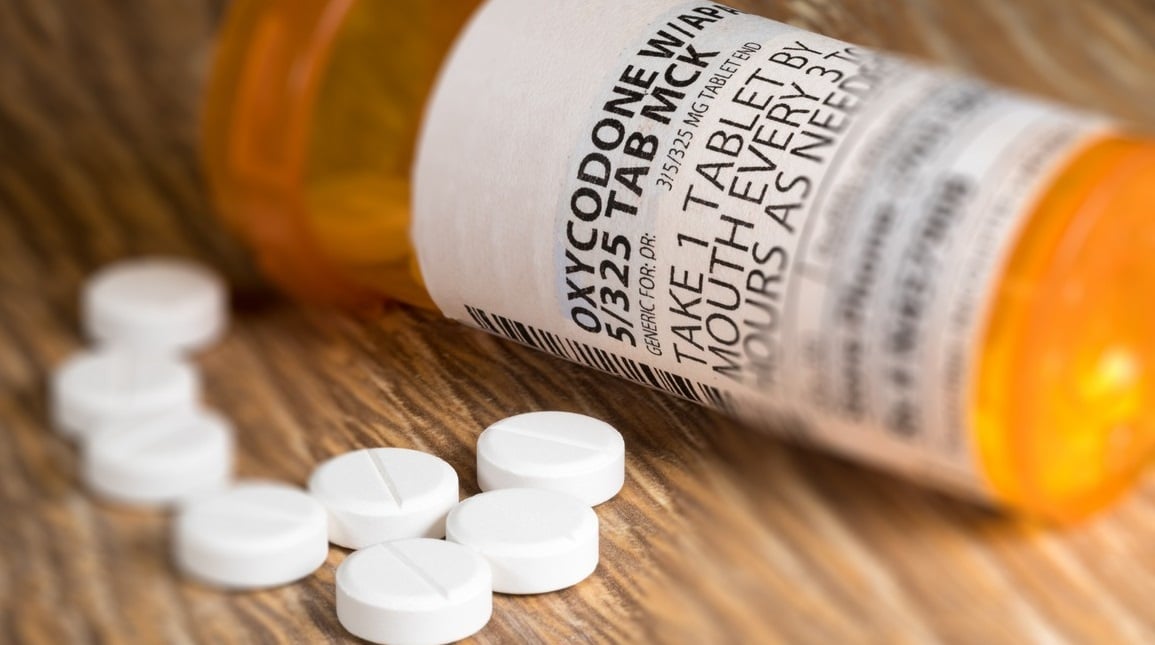
There are two main types of pregabalin: immediate-release and extended-release. Both are available in tablet form.
This type of pregabalin contains 75mg of the active ingredient per tablet. It comes in three strengths: 25mg, 50mg, and 100mg.
This version of pregabalin comes in 150mg tablets. There are also 75mg, 150mg, 300mg, 450mg, 600mg, and 900mg versions of the drug.
In the United Kingdom, pregabalin is licensed to treat fibromyalgia pain, diabetic peripheral neuropathy, postherpetic neuralgia, spinal cord injury associated pain, and central nervous system disorders such as anxiety, depression, and chronic pain stress.
Pregabalin is a prescription-only medicine (classified as a Class C controlled substance) and can only be prescribed following a consultation with a doctor.
Pregabalin is usually taken via the oral form. Pregabalin pills or capsules should be swallowed whole with a glass of water or juice. They should not be chewed. If you’re taking pregabalin as a liquid, you’ll get a syringe or a spoon to measure your dosage. Ask your pharmacist for a measuring spoon or syringe if you don’t have one.
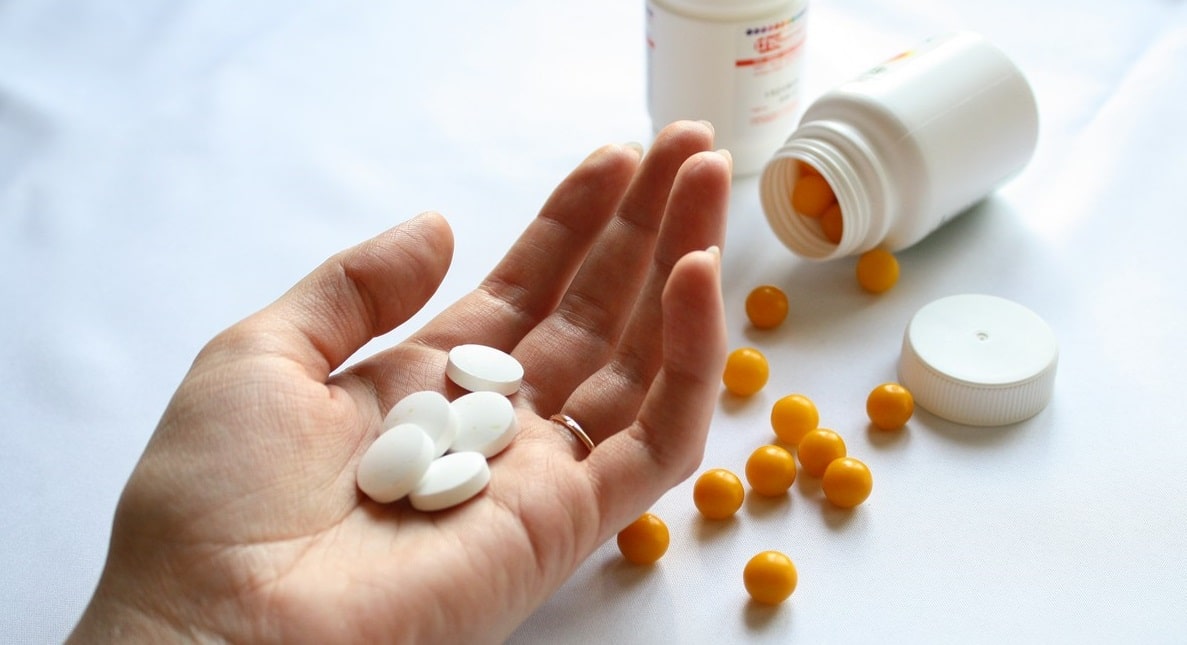
There are several medical uses for this drug. These include:
Pain relief: Pregabalin is FDA approved for treating peripheral neuropathic pain such as postherpetic neuralgia, diabetic peripheral neuropathy, and painful polyneuropathy.
Anxiety relief: Pregabaline is FDA approved for treating generalised anxiety disorder.
Epilepsy: Pregabalin may be prescribed for the treatment of partial seizures and Lennox-Gastaut Syndrome.
Fibromyalgia: Pregabalin has shown promise in relieving symptoms of fibromyalgia. However, there is not enough evidence yet to support its effectiveness.
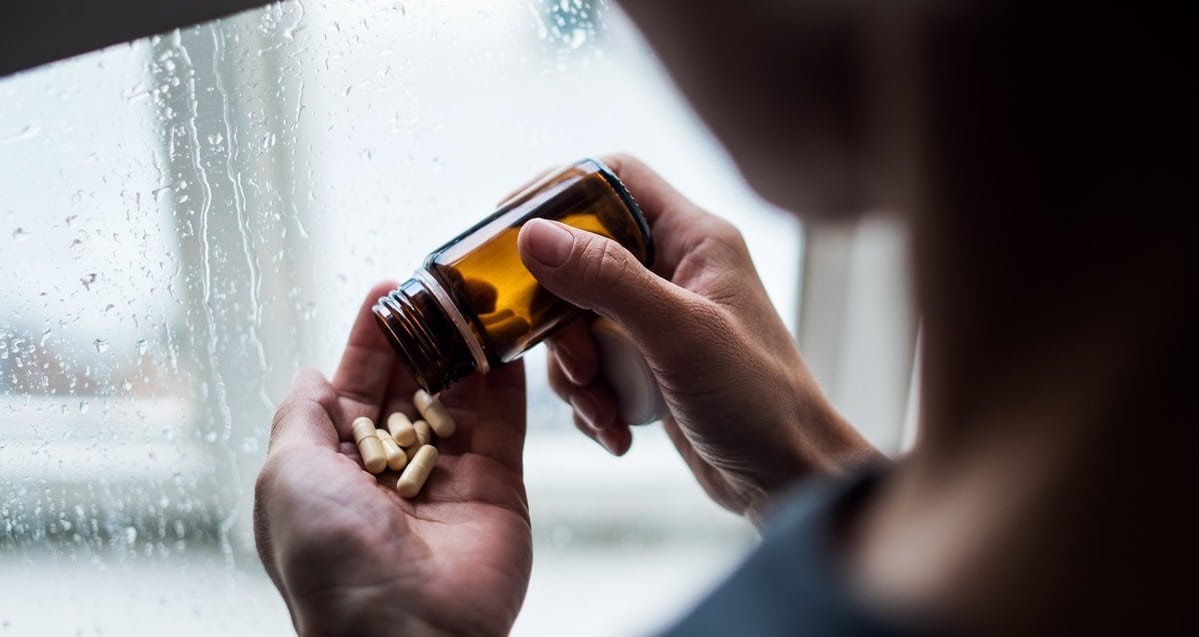
The exact mechanism behind the effects of pregabalin remains unclear. However, there are several theories about how this drug may help reduce or prevent seizures in people with epilepsy. Some researchers believe that pregabalin acts like an anticonvulsant by binding to calcium channels in the neurons. Others think that it blocks sodium channels, thereby reducing the electrical activity of brain cells.
It’s important to note that although pregabalin is often prescribed to treat epilepsy, it should not be taken if you have had a seizure within 24 hours of taking it. You can search for Lyrica addiction side effects online. Always consult your doctor and inform them of any side effects you might be experiencing.
Addiction is defined as a primary, compulsive behaviour pattern leading to clinically significant impairment or distress, as manifested by at least three of the following seven criteria:
1) Tolerance
2) Withdrawal
3) Craving
4) Increased salience/reactivity to environmental cues
5) Conflictual relationships
6) Mood alterations
7) Relapse
Pregabalin has improved the lives of many people, however, its use can lead to addiction and dependency. Pregabalin addiction is currently an increasing concern in the United Kingdom.
Even while using Pregabalin precisely as prescribed, tolerance and dependence can develop. The drug’s intense withdrawal symptoms act as a motivator for patients to continue using it. When a seizure medication is abruptly stopped, seizures might become severe. All these factors contribute to Pregabalin addiction.
Addiction to prescription drugs develops as a result of the drug’s effects on the brain. When consumed over a long period of time or at larger doses, it disrupts normal functions. These medications alter the brain’s reward system, causing the user to feel good only when the drug is being used. This eventually leads to intense cravings for more of the drug, leading to substance dependence, also known as physical dependence. It is a critical component of the addiction cycle.
When using the prescribed drug, a patient is advised to follow the doctor’s recommendations to avoid becoming addicted. Even when taken at the recommended dosage, there is still a risk of dependency and addiction.
Patients should exercise caution and discuss any issues or concerns with their doctor.
Pregabalin Addiction is a serious problem that needs immediate attention. Call us on 0800 999 1083 to discuss treatment options.
Pregabalin (Lyrica) addiction can cause a wide range of negative consequences. In fact, many people who abuse Pregabalin end up facing serious health risks.
Pregabalin addiction can cause relationships, work, school, finances, and health problems. People addicted to pregabalin often find themselves unable to control their cravings for the drug. They may spend money they don’t have just to buy more pregabalin. They may neglect family responsibilities and jobs or lose interest in sex and hobbies. They may even harm themselves.
Individuals who are addicted to Pregabalin may also experience depression and anxiety. These feelings can lead them to believe that they must keep taking Pregabalin.
You might develop a physical dependence on pregabalin if you abuse it. Physical addiction develops when the body’s chemistry alters due to repeated exposure to a substance. Even if you desire to quit taking the drug, these modifications make it a lot harder.
People who abuse pregabalin suffer from a variety of physical problems, such as:

Withdrawal syndrome refers to the uncomfortable symptoms experienced by people who stop taking a substance. Lyrica withdrawal symptoms typically begin within hours of stopping the drug and last for up to four days.
Some common withdrawal symptoms include:
Psychological symptoms associated with pregabalin addiction include:
Behavioural symptoms associated with pregabalin addiction include:
Pregabalin Addiction is a serious problem that needs immediate attention. Call us on 0800 999 1083 to discuss treatment options.
Pregabalin Addiction is caused by a variety of factors. However, some risk factors raise the chances of Pregabalin misuse.
The risk factors for pregabalin addiction and abuse include:
Patients who are taking Pregabalin for medicinal reasons are the ones that abuse them the most.
Not everyone who is prescribed Pregabalin will abuse the medicine, but those who do will do so for various reasons. There is no denying that some people are inclined to addiction more than others, with a family history of addiction being a significant factor, but there are other factors as well.
Although a family history of addiction and genetics tend to play a role, other factors can also be a cause of Pregabalin abuse:
It can be challenging to stay clean in an environment where everyone around us is using drugs.
When we are unemployed, we can look into many ways to feel better, to feel productive, or simply take our minds off problems by using drugs.
Poverty can lead to depressive moods and crippling anxiety, which can be treated with medications like Pregabalin.
Those who already have a mental illness are also at high risk of developing a Pregabalin addiction. This includes those who have bipolar disorder, schizophrenia, post-traumatic stress disorder, obsessive-compulsive disorder, panic attacks, and generalised anxiety disorder.
Those with a family history of mental illnesses are also at higher risk of developing a Pregabalin addiction.
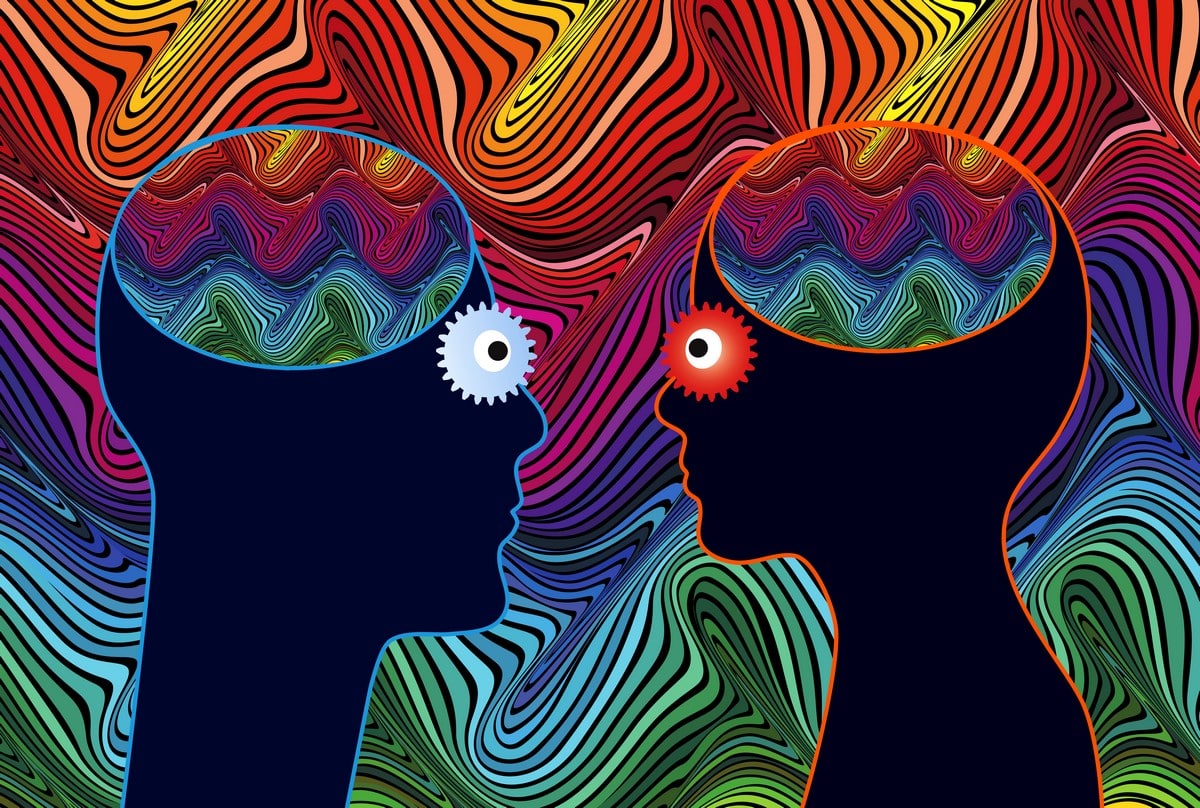
Certain personality traits may make an individual more prone to developing pregabalin addiction than others. For example, those with low self-esteem or high levels of impulsivity may have a greater chance of becoming dependent on prescription drugs like pregabalin.
Don’t go through the process of recovery alone. Treatment providers can answer your questions. Get in touch with one today.
Call 0800 999 1083 today!
Research indicates that women are more prone to developing a pregabalin dependency than men. Women tend to have higher rates of anxiety and depression than men. As such, they may find themselves turning to pregabalin as a way to manage their emotional state.
In addition, women are more likely to suffer from sleep problems than men. They may therefore turn to pregabalin to help them fall asleep.
Children under the age of 12 are also more susceptible to becoming dependent on pregabalin. Their brains are not fully developed, and they lack the ability to regulate their emotions effectively. As a result, children are more likely to abuse pregabalin because it helps them cope with stress and frustration.
If you suspect that you or a loved one has developed a pregabalin dependency, get help today.
Pregabalin Addiction is a serious problem that needs immediate attention. Call us on 0800 999 1083 to discuss treatment options.
Pregabalin affects the brain by increasing the activity of certain chemicals in the brain called GABA receptors. In addition, pregabalin decreases the impulses between neurons, thus reducing pain. When taken as directed, pregabalin appears to be safe and effective for treating certain types of neuropathic pain.
However, pregabalin abuse can affect the body in several ways. For example, pregabalin can produce a feeling of euphoria similar to that produced by cocaine. It can also cause weight gain. Pregabalin may also impair one’s ability to drive or operate machinery.
If you believe that you might be addicted to pregabalin, we encourage you to seek treatment at an experienced addiction treatment centre. Your doctor will work with you to determine whether pregabalin is appropriate for you.
When taken as prescribed, pregabalin may not have any serious adverse health effects. Abuse of pregabalin, on the other hand, can have dangerous consequences and can lead to addiction.
Long-term Pregabalin abuse and addiction effects include:
Overdosing on pregabalin can be dangerous. It can lead to seizures, coma, respiratory failure, heart attack, stroke, and even death. In addition, Pregabalin overdose can damage brain cells and impair cognitive function.
Some of the symptoms of a pregabalin overdose include:
Seizures are one of the most serious side effects associated with pregabalin abuse. Seizures can happen without warning and are characterized by a sudden loss of consciousness. The person will fall to the ground, convulse, and then go into a deep sleep. A seizure lasting longer than 30 minutes requires immediate medical attention.
A coma is a state of unconsciousness caused by a lack of oxygen to the brain. Comas can be life-threatening if left untreated. Coma can be triggered by pregabalin overdose.
Heart attacks and strokes are also possible complications of pregabalin abuse, especially in people who already suffer from cardiovascular disease.
Death due to pregabalin overdose can result from a variety of causes including respiratory failure, cardiac arrest, and blood clots.
If you think that you or someone else is experiencing a pregabalin overdose, please call the emergency services right away.
Pregabalin has been shown to interact with many substances, posing certain risks and sometimes causing serious side effects. The following list describes how pregabalin interacts with various drugs:
The combination of pregabalin and alcohol increases the likelihood of sedation and dizziness. This interaction can cause drowsiness, confusion, slurred speech, impaired coordination, blurred vision, nausea, vomiting, and headaches. In extreme cases, it can lead to coma and even death.
Taking caffeine while using pregabalin can increase the risk of nervousness, restlessness, insomnia, irritability, and anxiety.
Combining pregabalin with codeine, an opioid drug, can increase the risk of sedation, difficulty breathing, low blood pressure, seizures, hallucinations, and coma. Codeine should only be combined with pregabalin if absolutely necessary and when recommended by a doctor.
Combining clonidine with pregabalin increases the risk of high blood pressure, dry mouth, and sedation.
Pregabalin has been linked to suicidal behaviour in adults. This link was first suggested in 2006 when researchers found that patients taking pregabalin were twice as likely to attempt suicide than those not taking it. However, these findings could not be confirmed in a later study.
Another study conducted in 2010 found that pregabalin use was associated with increased rates of suicidal thoughts and behaviours in children and adolescents. However, the authors noted that their results should be interpreted cautiously since they were based only on self-reported data.
If you’re thinking of harming yourself, please call 0800 999 1083 for support. Your life matters and you deserve to live it free from addiction.
Addiction is a complicated topic that frequently stems from trauma or other mental health issues.
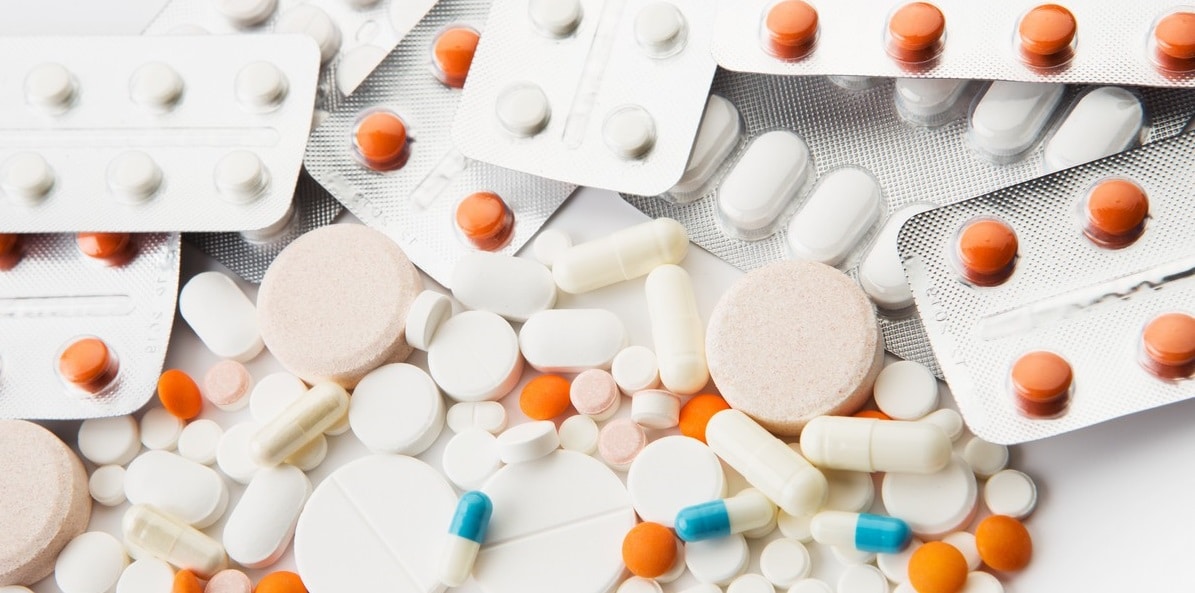
People who have co-occurring mental illnesses are at an even greater risk of developing pregabalin abuse and addiction. These include individuals with anxiety, depression, bipolar disorder, schizophrenia, post-traumatic stress disorder, obsessive-compulsive disorder, eating disorders, and impulse control disorders.
Pregabalin is often used to self-medicate by people with co-occurring disorders and untreated mental health problems.
Addictive drugs, such as Pregabalin, alter the way the brain functions, affecting a person’s emotions, thoughts, and actions. Pregabalin addiction and mental illnesses may occur at the same time.
Individuals with dual diagnoses are particularly vulnerable to pregabalin abuse because they often suffer from multiple psychiatric disorders. Dual diagnosis individuals may have difficulty managing their medications, making them more prone to abusing prescription drugs. They are also more likely to exhibit impulsive behaviour, which makes them more likely to also become addicted to substances like alcohol and illicit drugs.
Some people turn to pregabalin to cope with the emotional distress of their mental health issues. For example, people suffering from post-traumatic stress disorder or panic disorder may find that using pregabalin helps them calm down and relax.
It’s not always apparent which disorder came first or if one disorder led to the development of the other.
Pregabalin Addiction is a serious problem that needs immediate attention. Call us on 0800 999 1083 to discuss treatment options.
Prescription medication abuse, such as Pregabalin, frequently begins with a false sense of security about the medicine’s safety and a lack of basic understanding of its effects. Pregabalin has been widely abused by young people in recent years as an easy way to feel relaxed and enhance their mood, without realising the dangers of addiction and long-term abuse.
Pregabalin is gaining popularity around the world. Addiction to pregabalin has been observed in rehab patients, notably among young adults.
Pregabalin is commonly available on the streets of some areas in the UK and is frequently used by teenagers in various communities. Teenagers are more likely to abuse pregabalin because it is relatively easy to obtain.
Adolescents who abuse pregabalin will experience withdrawal symptoms when stopping its use. Some teens report experiencing headaches, dizziness, fatigue, irritability, and sleep disturbances. Others describe feeling anxious, agitated, depressed, and having trouble concentrating.
If you’re struggling with Pregabalin addiction, speak to a parent, a guardian or your doctor immediately. There is help available.
You don’t have to live through the nightmare of pregabalin addiction alone.
The good news is that pregabalin addiction can be treated successfully. In fact, most individuals who suffer from pregabalin addiction end up recovering completely.
Speak with your doctor or an addiction specialist right away to learn more about the various treatment options available to you and how to get started on the road to recovery. Make that call right now: it might be the first step towards that happy, healthy, and successful life free from pregabalin addiction.
Pregabalin Addiction is a serious problem that needs immediate attention. Call us on 0800 999 1083 to discuss treatment options.
Treatment for pregabalin addiction generally involves detoxification followed by rehabilitation. Detoxification helps reduce withdrawal symptoms. Rehabilitation helps you learn coping skills to avoid relapsing into addictive behaviours.
During detoxification, you will be closely monitored by healthcare professionals. Your health care team will help you manage any side effects associated with withdrawing from pregabalin, and they will also monitor your progress during this period.
The following medications have been shown to be helpful in treating pregabalin dependency and in reducing pregabalin withdrawal symptoms:

After you complete detoxification, you will begin a program of rehab. During this phase, you will work with an interdisciplinary team of experts. They will teach you ways to cope with cravings and stress without resorting to pregabalin. You will also learn healthy lifestyle habits such as exercise, nutrition, sleep hygiene, and self-care.
Addiction treatment programs often involve counselling sessions. Counsellors will discuss your experiences with pregabalin and explain why you developed a pregabalin addiction in the first place. They will also give you information about substance use disorder and its causes.
Inpatient treatment is generally more intensive than outpatient treatment because it requires the patient to live at the facility and involves a greater level of care. It is best suited for those suffering from severe cases of pregabalin abuse.
Inpatient programs typically last longer than outpatient programs, so they tend to cost more money. However, they offer a more comprehensive set of services that include individual and group counselling, psychiatric evaluations, medical monitoring, and therapeutic interventions. They provide patients with 24/7 access to healthcare professionals who specialise in addiction recovery. If you’re looking for a safe, supportive environment where you can begin to rebuild your life after experiencing pregabalin addiction, then inpatient treatment is the way to go.
Outpatient treatment is less intense, but it provides similar benefits to those found in inpatient programs. It is ideal for individuals who want to recover without having to stay in a facility for an extensive period. Outpatient programs usually involve fewer resources, as they don’t offer as many services as inpatient programs do. You might not get all the help you need from an outpatient program, since often there aren’t enough therapists to provide one-on-one support.
Both types of treatment offer individualised programs designed to meet each patient’s specific needs. These programs often involve group counselling sessions, educational classes, and various forms of psychotherapy.
When choosing between inpatient and outpatient treatment, consider whether you need a structured environment where you can focus solely on recovering from your drug problem, or if you prefer a more flexible approach that lets you live at home while still undergoing treatment.
A variety of therapies are used to treat Pregabalin addiction. Each has its own advantages. The following are a few of the most common ones:

Counselling can help you in gaining a better understanding of why you began abusing Pregabalin and how to address any underlying issues that contributed to your addiction. Counsellors can also help with coping skills and methods to avoid relapsing into substance abuse.
Addiction specialists often recommend cognitive behavioural therapy as part of their pregabalin addiction treatment plans. Cognitive-behavioural therapy helps people identify negative thoughts and behaviours that contribute to their addictive behaviour, and teaches them how to replace those thoughts and behaviours with healthier ones.
Cognitive behavioural therapy also encourages addicts to take responsibility for their actions by helping them understand why they feel compelled to engage in harmful behaviours.
Cognitive-behavioural therapy is particularly effective because it focuses on changing the underlying causes of addiction rather than just focusing on the symptoms. This allows individuals to learn new ways of thinking and behaving that will help them overcome their addictions without having to rely on substances.
Individual members of the family are not the focus on family therapy, but the family system as a whole. This therapy strategy tries to increase communication among all family members by studying interactions between them. Family therapy enables family members to discuss the addict’s problem freely with one another. It also enables parents to comprehend their part in the situation’s development.
After completing rehab, you may still require ongoing support. You should consider attending support groups, where you can participate in 12-step programs and share experiences between people who have struggled with similar addictions. These groups are open to anyone who wants to improve their lives through spiritual growth and self-help activities. Support groups such as Narcotics Anonymous can help patients implement the program and provide ongoing support for recovery from Pregabalin addiction.
Research has suggested that participation in 12-steps programs may actually reduce the risk of relapse. One reason why this might be true is that 12-step programs encourage participants to focus on their recovery instead of their drug use. This means that many people who would otherwise continue using Pregabalin to cope with mental distress will stop doing so once they begin attending 12-step meetings regularly. Another reason why participation in 12-step groups may help prevent relapse is that these groups provide an opportunity for members to share experiences with other people who have struggled with similar issues. Thus creating a sense of belonging and community.
Pregabalin Addiction is a serious problem that needs immediate attention. Call us on 0800 999 1083 to discuss treatment options.
If you’re addicted to Pregabalin, you need to know that your life won’t return to normal after you quit taking the medication. You might still suffer from the same pain and anxiety that led you to seek out Pregabalin in the first place if these conditions were not addressed during your treatment.
If you want to live a more fulfilling and productive life, you’ll need to make changes to your daily routine. Here are some tips for managing Pregabalin addiction:
You should always get professional help when you’re dealing with any kind of addiction. If you don’t, you could end up making things worse. That’s why it’s essential to speak with a qualified therapist about your situation before embarking on any pregabalin detoxification plan.
It’s also important to work closely with your doctor during the process of quitting pregabalin. Your physician can advise you on how best to manage the side effects of pregabalin withdrawal and ensure that you receive proper treatment for any physical ailments that arise as a result of stopping the medication.
It’s good to be prepared for the possibility of experiencing withdrawal symptoms while trying to quit pregabalin. As mentioned above, pregabalin withdrawal syndrome can cause intense discomfort and even lead to seizures. However, there are ways to minimise the severity of these symptoms.
You should talk to your doctor about the possibility of medication-assisted treatment. These medications can help relieve the uncomfortable symptoms associated with pregabalin withdrawal.
Staying active is one of the best ways to avoid developing a sedentary lifestyle. Regular exercise helps burn calories, reduces stress levels, and improves overall health.
In addition, regular movement keeps your mind alert and focused. This makes it easier to resist the temptation to engage in addictive behaviours.

When you’re suffering from pregabalin addiction, it’s easy to feel isolated. Fortunately, there are plenty of resources available online that can help you stay connected with others who are going through the same thing.
You can also join support groups where people discuss their struggles with pregabalin addiction. These groups offer a safe environment where you can talk openly about your feelings without worrying about being judged or criticised. They can also serve as useful sources of advice and encouragement.
The most effective way to prevent Pregabalin addiction relapse is to learn how to recognise your triggers and the early warning signs of an impending relapse. Once you start feeling the urge to resume using pregabalin, it may be too late to stop yourself.
However, there are certain strategies that can help you identify the early signs of a pregabalin relapse and give you enough time to prepare accordingly. Here are some suggestions:
If you notice any new symptoms after you stop taking pregabalin, make note of them. It will help you pinpoint exactly what triggered your relapse.
Try to reduce your exposure to stressful situations whenever possible. This will allow you to better cope with negative emotions and impulses that might otherwise trigger a pregabalin addiction episode.
Having supportive friends and family members can go a long way toward helping you overcome pregabalin addiction problems. If you don’t have anyone close by who understands the issues you face, consider joining a support group.
There are many other options available to help you deal with pregabalin cravings. Some of the more common alternatives include:
Pregabalin Addiction is a serious problem that needs immediate attention. Call us on 0800 999 1083 to discuss treatment options.
According to the World Health Organization, approximately 2 million individuals worldwide suffer from prescription respiratory depression or dyspnoea related with pregabalin to the Yellow Card programme in the UK between January 2014 and December 2020. A CNS depressive was reported as a co-suspect or concurrent drug alongside pregabalin in 80 of the 122 instances.”
According to “Deaths related to drug poisoning in England and Wales: 2020 registrations”, in 2020, there were more fatalities utilising benzodiazepines (up 19.3% from 2019; from 399 to 476 deaths), pregabalin (up 41.0 per cent; from 244 to 344 deaths), gabapentin (up 32.6 per cent; from 89 to 118 deaths), and zopiclone (up 32.6 per cent; from 89 to 118 deaths) (a rise of 4.3 per cent; from 140 to 146 deaths).

BACP accredited psychotherapist with 16 years experience working in mental health specialising in psychodynamic person-centred therapies treating those with a range of mental health disorders including anxiety, depression, OCD and Addiction.

Fill in your details and we’ll send you a message via SMS.


No matter where you live, there are drug and alcohol rehab options for you to discover. Treatment providers are waiting to answer your questions. Get started today.

Ever felt that gnawing ache or burning sensation in your gut after a night of drinks? You’re not alone. Stomach pain after drinking is a common complaint, and there are a few reasons why it might happen. Let’s delve into the science behind the discomfort and explore ways to soothe your stomach. The Irritating Truth: … Continued

Cocaine, a stimulant known for its short-lived burst of energy and euphoria, hides a dark side. Behind the initial high lies a dangerous potential for overdose, with severe health consequences and even death. This article delves into the world of cocaine overdose, equipping you with the knowledge to recognize the signs, understand the dangers, and … Continued

Adult smoking habits in the UK refer to how often and in what ways people aged 18 and above use tobacco. This includes everything from smoking cigarettes every day to occasionally lighting up, as well as using other tobacco products. Understanding these habits is important for several reasons: Public Health: Smoking causes many diseases that … Continued

Addiction in the UK is a complex issue that is connected to various aspects of society such as healthcare and law enforcement. It affects people from all backgrounds and has negative impacts on families, communities, and the entire nation. Understanding addiction involves not only looking at the uncontrollable use of substances and repetitive behaviors but … Continued

Don’t go through the process of recovery alone. Treatment providers can answer your questions. Get in touch with one today.
Call 0800 999 1083 today!






